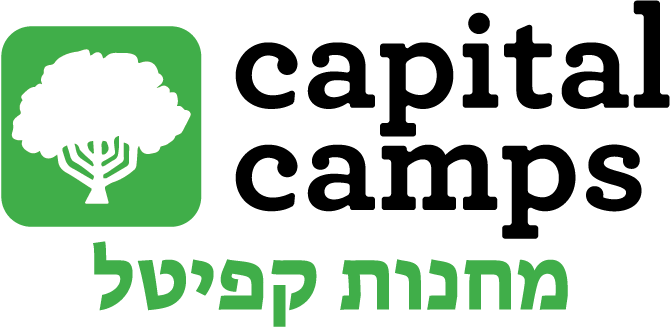It’s Monsters Inc-cabiah! Our much-anticipated event of the summer, Maccabiah (team color competition), is officially underway, and our strong second session community could not be more excited! For every Maccabiah, we create a fictional plot that serves as the backstory for the multi-day competition. Yesterday, our CITs set the stage through revealing that a group of troublesome monsters is attempting to bring back scream energy as the primary power source. One team needs to put an end to this and ensure laughter as the primary energy source for all time.
Beginning yesterday, and continuing through today, four teams (Red Randall, Yellow Roz, Green Mike Wazowski, and Blue Sulley) have been competing in a series of team-building activities. Our teams compete in all areas of camp activities, including tug-of-war, Monsters Inc-themed competitions, aquatics, sports, arts, and more. And perhaps the biggest event of Maccabiah – the Maccapeel, our relay race that spans quite literally every corner of camp – took place yesterday. Congratulations to the blue team for winning the maccapeel!
Not only is Maccabiah a fun experience, it’s also an incredible time for team building, ruach (spirit), and bringing forth people into new leadership roles. Each team is assigned a Jewish value (adaptability, dedication, intelligence, and empathy), and they are encouraged to incorporate this into their programming, plaques, and team presentations. I love how our team format brings new people together, ignites high levels of ruach, and elevates opportunities for campers to tap into new leadership skills.
May the best team win, but most importantly, may everyone have fun!
Best,
Sam Belkowitz
Staff Engagement + Programming Coordinator
